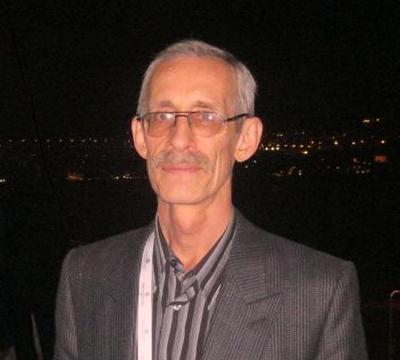
Morocco gets Muslim Brotherhood PM |
|
The Arab Spring and public protests, organised by the 20 February youth movement and the Islamist Al-Adl wa Al-Ihssane, suddenly made genuine elections an important weapon in the king's arsenal. King Mohammed VI immediately announced a process of constitutional reform and a promise to relinquish some of his administrative powers. Following a referendum in July with 70 per cent turnout and (a suspicious) 98 per cent approval, the new constitution was ratified in September, and parliamentary elections held last week.
In the new constitution, the king gives up his power to appoint the prime minister, agreeing to appoint the leader of the party winning the most seats in a parliamentary election. This independent PM in turn would now have the power to appoint senior civil servants, diplomats, even cabinet members, and the power to dissolve parliament -- in consultation with the king's ministerial council.
There were a total of 30 parties in this year's race, the three leaders being the moderate Islamist Justice and Development Party, an eight-party pro-monarchy Coalition for Democracy, and the Koutla Alliance of Istiqlal, the Socialist Union of Popular Forces and the Party of Progress and Socialism, headed by incumbent Prime Minister Abbas El-Fassi, head of the Istiqlal Party.
The Majlis Al-Nuwab (lower house) has 395 seats, 305 elected from party lists, plus 90 from a national list with two-thirds reserved for women and the remaining third reserved for men under the age of 40. The Justice and Development Party won 107 seats, making its leader Abdelillah Benkirane prime minister designate.
While turnout (45 per cent) was up from the questionable 2007 elections, critics complain that the current registration system has left up to a third of eligible voters off the rolls. A remarkable 20 per cent of ballots were spoiled, indicating a strong protest vote.
Parallels with Egypt's transition to democracy are strong: both youth movements strongly criticised their respective elections as window-dressing, leaving the real power (veto power over legislation, cabinet appointments, and control of security) in the hands of the king in the case of Morocco, and the army in the case of Egypt. Many youth have refused to vote as a result and continue to press their demands for a real transition of power to a civilian government. Unlike in Egypt, in Morocco the Islamic Al-Adl wa Al-Ihssane joined the secular youth in their boycott of the elections.
The distribution of seats now is: Justice and Development Party (107), Istiqlal Party (60), National rally of independents (52), Authenticity and Modernity Party (47), Socialist Union of Popular Forces (39), Popular movement (32), Constitutional Union (23), Party of Progress and Socialism (18), Labour party (4), other parties (13).
Word is that the Justice and Development Party, which promises to cut poverty in half and raise the minimum wage by 50 per cent, would govern in coalition with the leftwing nationalist Koutla bloc.
| Rate It | View Ratings |
Eric writes for Al-Ahram Weekly and PressTV. He specializes in Russian and Eurasian affairs. His "Postmodern Imperialism: Geopolitics and the Great Games", "From Postmodernism to Postsecularism: Re-emerging Islamic Civilization" and "Canada (more...)

OpEdNews depends upon can't survive without your help.
If you value this article and the work of OpEdNews, please either Donate or Purchase a premium membership.
If you've enjoyed this, sign up for our daily or weekly newsletter to get lots of great progressive content.
Most Popular Articles by this Author: (View All Most Popular Articles by this Author)
Timelines 2000-2010: US, Europe, Latin America, Africa&Asia
ISIS and the Taliban: Writing on the wall for Afghanistan
Timeline 2000-2010: Middle East
Renouncing Jewishness: Shlomo Sand and Gilad Atzmon
Tab Hunter: American culture's hat trick
Euro crisis: Prison of nations
To View Comments or Join the Conversation:



